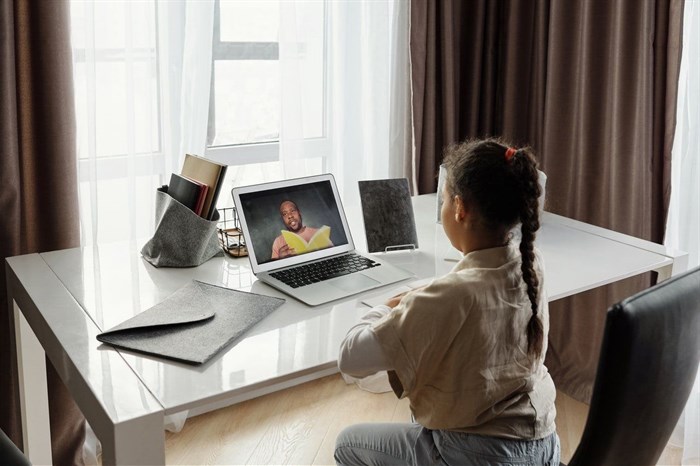
Top stories





Marketing & MediaAds are coming to AI. Does that really have to be such a bad thing?
Ilayaraja Subramanian 8 hours

More news


















Recently, Basic Education Minister Angie Motshekga stated that ed-tech is not a panacea and that technology for coaching teachers or providing laptops hasn’t yielded positive results. “But what she fails to recognise is that devices and connectivity, in and of themselves, will not create effective learning. None of us in the sector believed they would,” says Dr Corrin Varady, CEO at Idea.
He explains that currently, government’s ed-tech roll-out is measured and evaluated solely on the number of schools equipped with internet connectivity and information and communication technology (ICT) devices like computers, laptops, and tablets.
“It also looks at whether they have performed better because of those devices," Varady explains. "However, these are essentially just libraries of textbooks and resources that are now available digitally but are not used by either learners or teachers. There is impetus towards creating outcome-based formal e-learning programmes, but they are not being developed or implemented by government, so how can this produce improved results? We need to be measuring the impact of e-learning solutions on students’ ability to learn and teachers to teach, not whether a device went to a school or not.”
“The only way for ICT devices to have the desired impact is for their rollout to be accompanied not only by the deployment of a feedback-driven, outcome based digital curriculum to students, but also the provision of training and support to teachers so that they, in turn, can educate their pupils on how to use these tools optimally,” emphasises Varady.
“It is also crucial that we monitor student engagement and usage trends to gauge the efficacy of e-learning resources and pinpoint opportunities for enhancing the online learning experience. Moreover, obtaining input from learners, teachers, and parents is essential for the ongoing improvement of e-learning programmes.”
“And while public-private partnerships to grow e-learning in South Africa have been posited for a number of years, the private sector, including home school associations, virtual schools and even private schools, has barely shown any evidence that it wants national or provincial government to win in this regard since this means the private sector will be able to leverage established e-learning programmes to attract more learners,” points out Varady.
“This is a sector-based tug of war which directly affects those children whose families can’t afford private education, dooming them to overcrowded classrooms, teacher shortages and atrocious pass rates in the process.”
To remedy the situation and provide more democratised learning, he urges government to offer virtual schools and virtual school models. “These would cater for learners who are most able to take on virtual learning, making room for those who are at risk to attend in-person schools. It has long been said that the move to virtual schooling is inhibited by the digital divide, but what if we were to start bridging this with smaller cohorts to get the virtual school model functioning.”
“The digital divide is not a uniquely South African challenge,” highlights Varady. “But other countries are stepping up to accept that digital remote or online learning modalities are a necessary complement to the school system. We do not have the time to consider this a luxury. If we wait for three years to see how other countries took on such a crisis, we will be further behind and that forecast looks far worse than the position we are in now.”
“And while there may be concerns around how virtual schooling would impact teachers and the teaching profession, my argument is that it will attract better teachers, including those educators who dropped out of the education system during the pandemic and didn't want to have to come back to schools given the way learning is now,” he notes.
“Simply buying more devices and saying they don't work is a cop out. A model of learning using technology must be implemented. Ultimately, if government doesn't adopt the virtual schools concept, it will be unable to provide the number of schools, seats and chairs, let alone teachers, required for all the students entering the education system now and in the future,” Varady concludes.